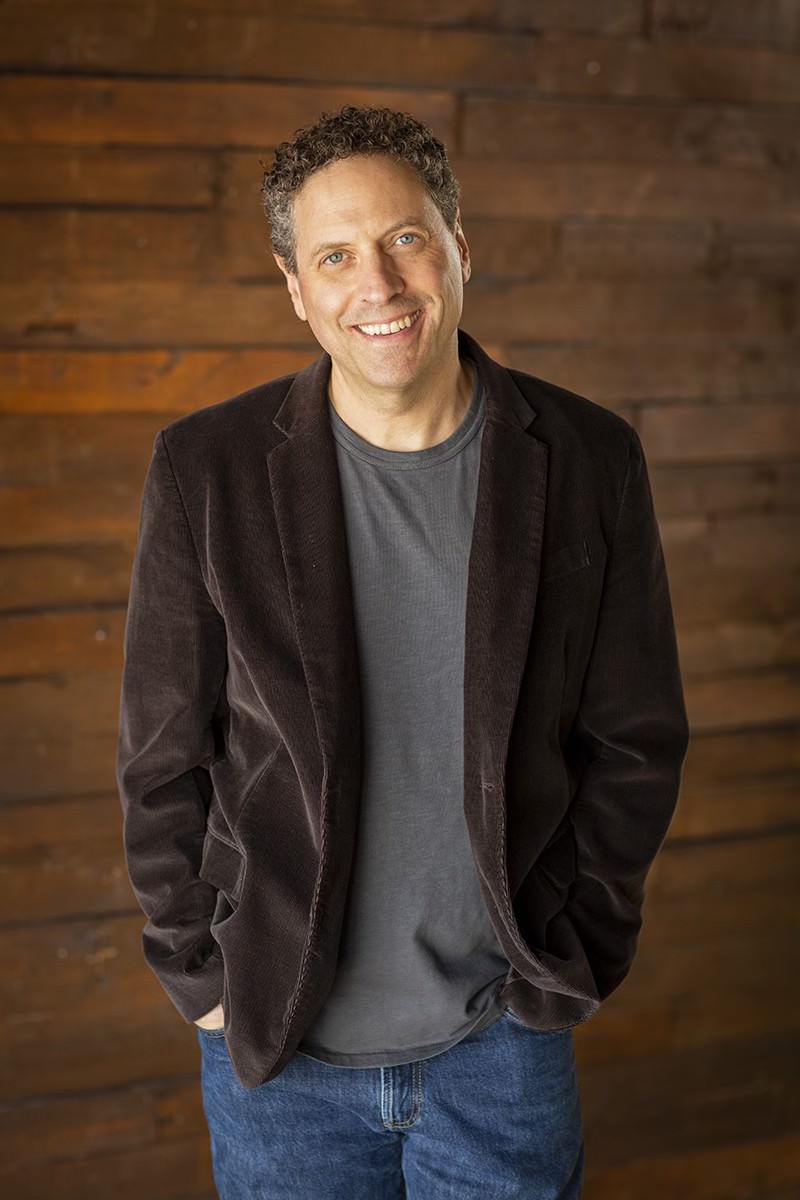Michael Jamin has been a TV writer for around thirty years. So he knows how the industry has evolved during that time. His television writing credits include King Of The Hill, Just Shoot Me, Maron, and Lopez.
He shares his insights on what it means to be a film and TV writer during these uncertain times.
How do you describe the current state of the business as it relates to screenwriters?
What should writers be doing besides writing to advance their careers?
Writing and rewriting is great. But I also think it’s important for emerging screenwriters to study. Especially story structure. Preferably they should learn from someone who has done it for many years. Not from a professional teacher, but a professional screenwriter in between gigs. Ask to read their work before you study from them. If you like what you read, then yes, they might be the teacher for you.
Are you seeing any trends right now in terms of what’s selling?
Not much is selling right now, so my writing partner and I aren’t even taking projects out. There’s no point if buyers aren’t buying. But I do expect that to change soon.
How should screenwriters build a brand and put themselves out there?
Many new writers mistakenly think that networking is all about reaching out to people who can hire them. Studio execs, showrunners, etc. People in power. But the most effective networking is about creating genuine relationships with people in your cohort. In other words, people at your own level. Take a screenwriting course and help a classmate shoot their project. Forge friendships with assistants at talent agencies and management companies. In five years, these people will rise in the business, and hopefully take you with them.
Should writers stick to one format/ genre or branch out?
I suggest sticking to the genre that you enjoy writing the most, and that you’re really good at. Emerging writers are so worried about putting themselves in a box. But boxes help people understand what you have to offer. No one wants to hire a writer who says they can write anything. They want to hire a specialist. If the TV show or movie is a comedy, they want to hire the best comedy writer they can find. Put yourself in a box. Make a name for yourself in the business. You can worry about getting yourself out of the box when the time comes. That should be your biggest worry.
What’s the most effective way for screenwriters to reach out to industry people that can help move their projects forward?
Stop asking for permission. Just do it yourself. The year is 2024. Everyone holds in the palm of their hand a miniature movie studio and distributor. You can make your own project on a shoestring budget, and for next to nothing, have it seen by millions of people in a matter of minutes. But instead, new writers expect studios to fund their dreams. Studios are in it to make money. Create something that already has immense value, and the studios will find you. Not because they want to fund your dream, but because they want profit from you.
What’s the worst screenwriting advice you’ve heard?
Where do I begin? There’s so much bad screenwriting advice on Reddit and Facebook. Before you take anyone’s advice, it’s really important to check out their qualifications. Look them up on imdb. What are their credits? Often, the people who talk the loudest have very little experience, yet they share their “expertise.” Before you listen to anyone’s advice, do your due diligence.
What’s the best screenwriting advice writers need to hear?
I post daily screenwriting tips on social media as @MichaelJaminWriter. Three years ago, I was barely on social media. The truth is, sharing my knowledge or my work feels like a job sometimes. But I do it because of the opportunities it affords me. It reminds people in the industry that I exist and because of it doors tend to open for me. If you want to make it in Hollywood, it’s not enough to just wave your script in the air. You have to constantly find new ways to be seen and heard.
You have a new book? What are the key takeaways for screenwriters?
I recently released a collection of personal essays called, A Paper Orchestra. It’s David Sedaris meets Neil Simon. Of all the hit shows I’ve written, I think this is my best work. It’s funny, yet also vulnerable. But if tried to sell it as a TV show out of the gate, it wouldn’t have sold. In a few years, as book sales grow, it’ll be much easier to sell. This is what I mean by creating something that already has value.
